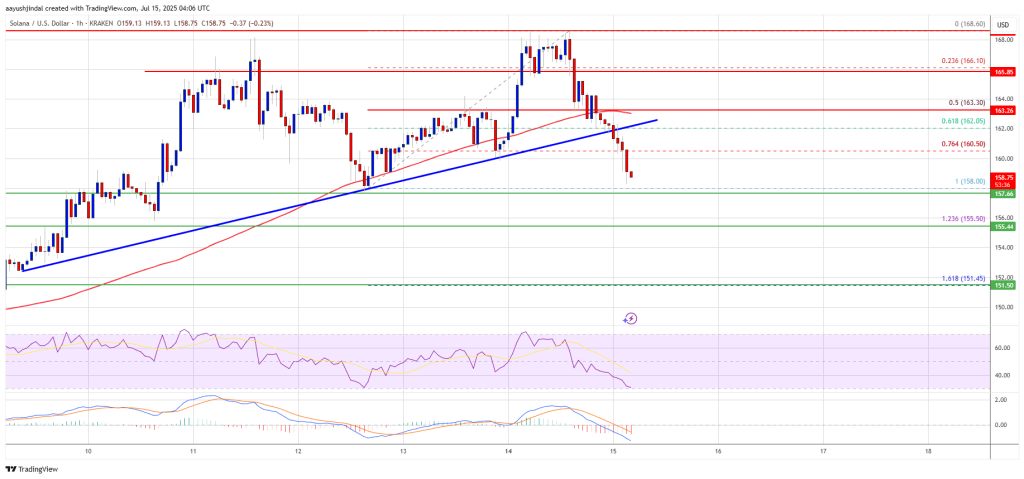Solana is an open source decentralized blockchain platform. Unlike other blockchains, Solana uses a hybrid consensus algorithm that combines Proof of History (PoH) with Proof of Stake (PoS), enabling the network to execute up to 50,000 transactions per second. transaction. Launched during the ICO craze of 2017, Solana primarily addresses the time it takes for networks like Bitcoin and Ethereum to reach consensus, Solana incorporates PoH into its consensus algorithm, in stark contrast to other consensus mechanisms that are well known.
Solana's PoH algorithm uses cryptography to establish a decentralized and trusted source of time for the system, providing an immutable record of historical events on the blockchain, enabling historical data to be stored in chronological order without relying on tracking timestamps and local Time zone. The PoH algorithm of the Solana network is mainly used to ensure node synchronization, not directly for consensus, running in parallel with its PoS layer. This allows nodes to create their own timestamps, the leader of the nodes to order messages, and validators to verify transaction ordering. Once the transaction is ordered and received from the leader node, the validator settles the transaction and publishes their signature as soon as they confirm it. These confirmations are critical to Solana's functionality and are considered votes by the consensus algorithm. This is a combination of the best innovations in PoS , providing a voting mechanism to elect leaders on the network.
Solana also includes many other innovations that allow Solana to surpass the performance of most other blockchain platforms, even centralized systems. This is thanks to its Tower BFT consensus, similar to the Practical Byzantine Fault Tolerance (PBFT) system. Solana's Tower BFT allows a global source of time via PoH, which not only enables it to oversee the functionality of the entire blockchain, but also speeds up the consensus process by minimizing transaction latency and messaging overhead. Another important part of the Solana ecosystem is Turbine, which facilitates the seamless transfer of data to nodes on the blockchain. Similar to BitTorrent's propagation technology, Turbine breaks data into smaller packets and sends them along with erasure codes . Gulf Stream protocol to reduce confirmation and leader switching time and reduce memory pressure on validators in unconfirmed transaction pools. Additionally, Solana employs an ultra-parallel transaction processing engine called Sealevel, which allows the network to process thousands of smart contract calls simultaneously. Through its Pipelining infrastructure , Solana can also validate transactions faster and replicate transaction information across nodes, regardless of their hardware specifications. All the scalability required on the network is provided by the Cloudbreak protocol, which ensures that data is read and written simultaneously over the network, and the archiver is used to download data from the blockchain to its distributed ledger storage.
By using diverse technologies, the Solana network does not need to rely on sharding or any other kind of Layer 2 solution to maintain its speed and scalability. This allows developers to build directly on the blockchain, which is a lot less worry than working on Ethereum or Bitcoin.
Solana's native cryptocurrency is SOL . The use of SOL is similar to the way ETH is used on Ethereum, but SOL holders can verify transactions by staking the SOL PoS consensus mechanism. It also enables users to participate in the governance process, earn rewards, and pay gas fees.







